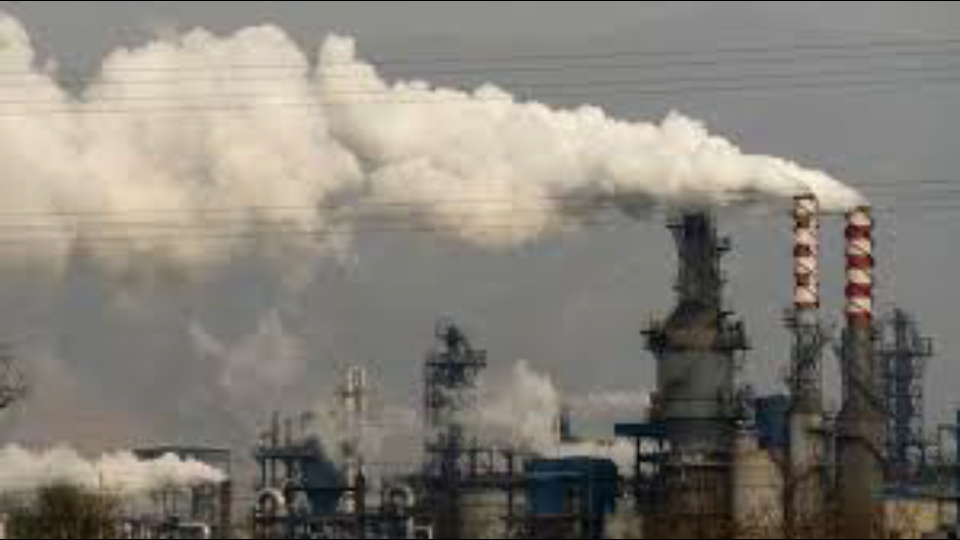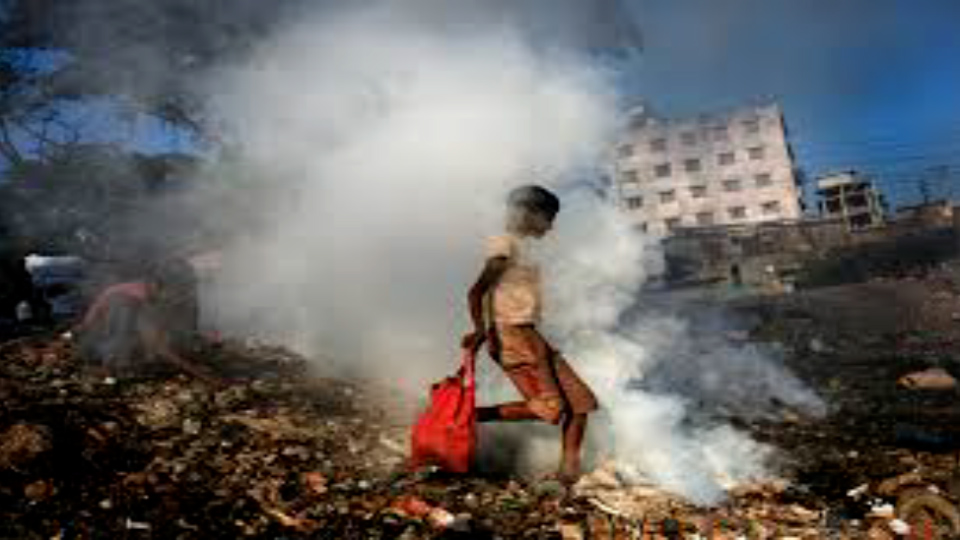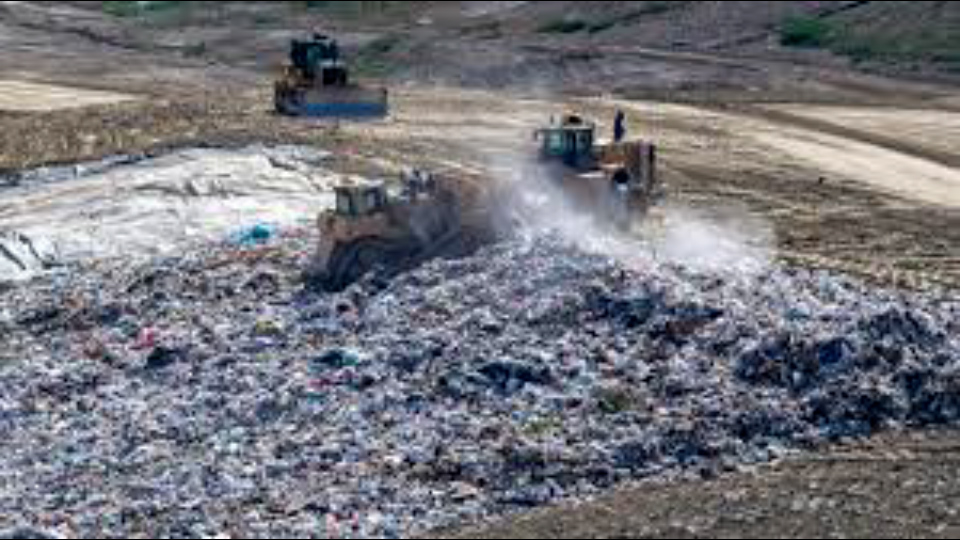
Gas flaring. Burning of associated gas at oil production.
According to the first international poll on climate change and methane gas emissions commissioned by the Global Methane Hub, 96% of Kenyans surveyed support action to minimize the impacts of climate change, . The poll also revealed that Kenya is among the more knowledgeable countries surveyed regarding the harmful impacts of methane emissions and that there is an appetite for change: 85% of Kenyans support taking action to mitigate harmful methane gas emissions.

Globally, the poll reached people in 17 countries across six continents – Australia, Brazil, Canada, Chile, China, Germany, India, Italy, Kenya, Mexico, Nigeria, Norway, Senegal, South Korea, Tanzania, the United Kingdom, and the United States. The online survey gathered data from a total of 12,976 adults, at least 750 in each country, and asked respondents questions on key issues ranging from views on climate change, environmental concerns and support for action, knowledge of methane gas emissions, and support for specific policies to reduce methane gas emissions.

In all 17 countries surveyed, respondents indicated significant support for policy solutions that would make strides toward tackling climate change. Overall, 82% of respondents say they support actions taken to minimize methane emissions, with 39% showing strong support. Kenya has the highest and most intense level of support for addressing climate change of all participating countries (96% total support, including 80% who strongly support action).
“Reducing methane emissions is the fastest way to drive down global temperature and reduce the impacts of climate change,” said Marcelo Mena, CEO of Global Methane Hub. “The survey shows that countries most impacted by climate change are also those who most support mitigating methane. The good news is that doing so will also bring additional benefits, including energy and food security, and healthier communities.”
Though respondents’ initial level of familiarity with methane varies between the African countries surveyed, initial support for methane mitigation is high in all of them and increases with further education on the issue. Respondents across all four countries reported high levels of concern about water quality, including 75% of Kenyans who say they are very concerned. Additionally, 72% of Kenyans are very concerned about crop yields, and 67% are very concerned about droughts.

Of the four African nations surveyed, Kenyans report being most deeply impacted by the changing climate: 46% say it has an “extreme” impact on their lives, and another 19% say it has a “strong” impact on their lives (65% combined “extreme” or “strong”).
“Methane is the second largest driver of climate change after carbon dioxide, but methane reductions strongly reduce warming rates much more quickly than carbon dioxide reductions do,” said Drew Shindell, Chair of the Climate and Clean Air Coalition (CCAC) Scientific Advisory Panel and Professor of Earth Science at the Duke University’s Nicholas School of the Environment. “It’s therefore crucial that we build on this increased public awareness and reduce both of these pollutants rapidly to protect those suffering from climate change and air pollution now as well as protecting future generations.”
Methane gas emissions have contributed to about half of the warming we are experiencing today, causing harm to communities around the globe. As policymakers and other actors look for solutions to cool the planet following the hottest year on record, reducing methane by 45% is crucial to lowering warming by 0.3 degrees Celsius by 2040, putting us on a path to a healthy future and meeting international climate commitments. Over a 20-year time scale, methane is 86 times more potent than CO2 as a greenhouse gas, and 28 times more potent over a 100-year time scale.

Around the world, people surveyed feel that large corporations, national governments, and individual citizens are the most to blame for environmental harm, though they believe national governments, corporations, and international governmental systems are far more capable than individual citizens to make meaningful changes to minimize the impacts of climate change.
“Taken together, the data tells a very clear picture,” said Natalie Lupiani, VP at BSG. “The citizens in these 17 countries are impacted by climate change, they are concerned about it overall and on specific outcomes, such as water quality or heat waves, and they have an appetite for meaningful change at the public policy level to address methane emissions. In my view, the data is a strong indication that people support their governments taking action to protect them against the rising global temperature.”







